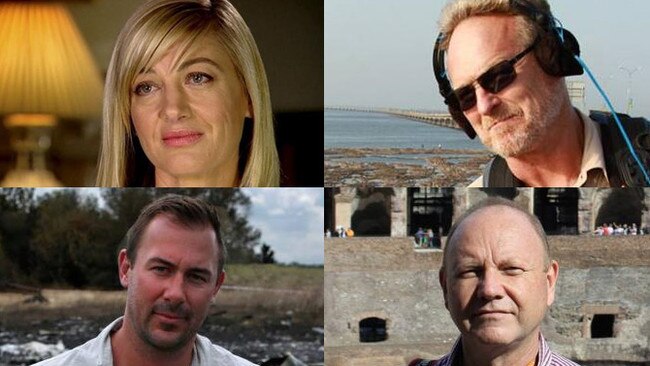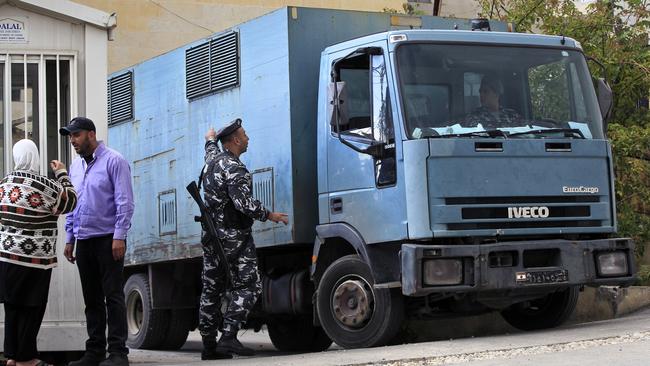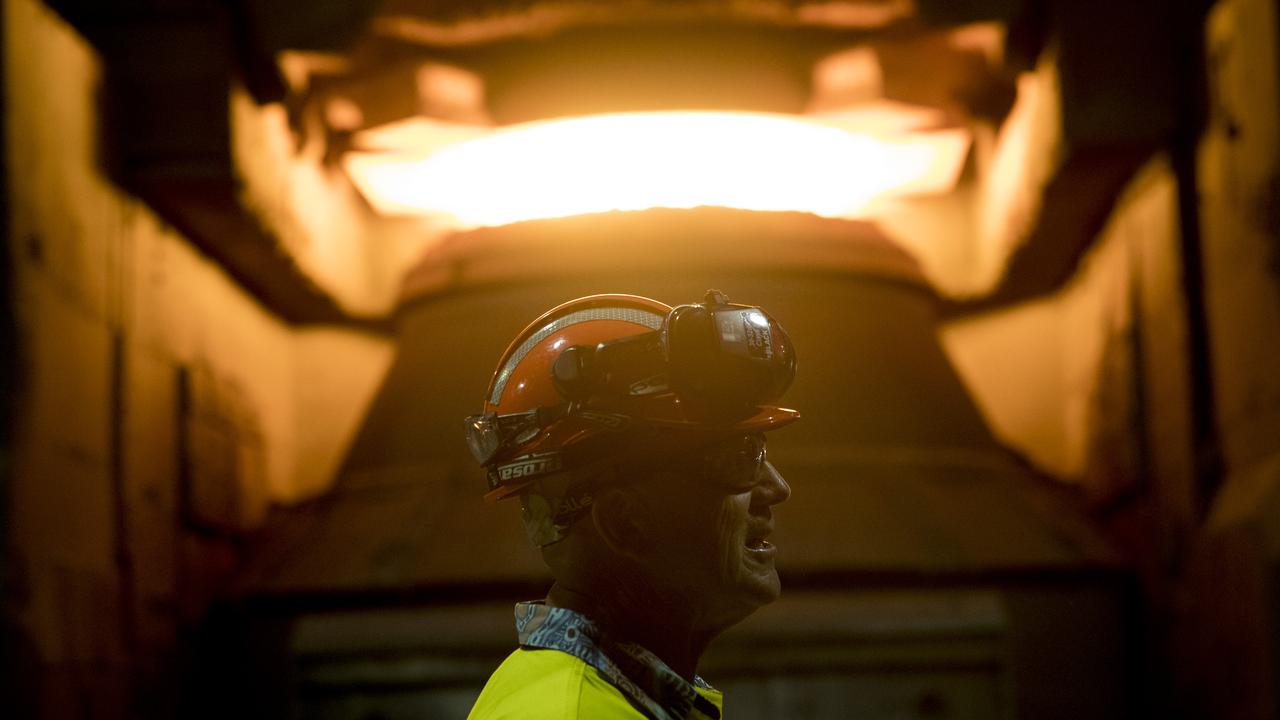Claire Harvey: Why Tara Brown and 60 Minutes were right to be in Lebanon
WHY Tara Brown and her 60 Minutes crew were absolutely right to be in Lebanon chasing the story of international “child recovery’’.
AS yarns go, this is a balltearer, and soon it’ll be an Australian kid being snatched off the street by a beefy foreign former commando.
Around the world there’s a growing pool of desperate parents whose children have been stolen by a vengeful ex-partner.

They are giving up on the slow, cumbersome global treaty system and resorting to direct action to take back their kids.
I don’t blame them. I’ve seen close-up the despair caused when one parent steals a child, and I’ve no doubt we will soon see an audacious “child recovery’’ right here in Sydney by a panicked foreign parent.
When it happens, outraged Australians will be demanding the government crack down on the child recovery industry and asking one another how long this has been going on.
Well, that’s the yarn Brown and her crew were trying to bring us from Lebanon.
But here’s the problem. Money, and only money, has landed these Australians in jail.
The imprisonment of Brown and Stephen Rice, two of Australia’s finest reporters, with their crew has revealed the scary side of chequebook journalism. (By the way, it’s not the standard complaint that paid-for stories encourage subjects to embellish the truth — I think that’s rubbish. Fine journalism can be done even when money is changing hands.)

The real problem is that money bursts the protective bubble around a journalist. It compromises the appearance of independence. In the eyes of a suspicious observer, the journalist can go from being a neutral outsider to being a participant in the story, and that throws him or her into a dangerous new world.
There has been a revolting lack of empathy for Brown and her crew in recent days.
Don’t forget, before you add to the chorus of voices calling for them to be locked up for 20 years, that there are half a dozen little children without their parents right now.
Not just the two Lebanese-Australian kids at the centre of the story, but also Brown’s two young sons, who are desperately missing their mum, and the children of her fellow crew members.

I feel sick at the prospect that Brown, Rice, cameraman Ben Williamson and sound man David Ballment might be imprisoned for lengthy periods. They were doing their jobs, working for the great institution of Australian television journalism, 60 Minutes, which might not win as many Walkleys as Four Corners, but which brings more great journalism to more Australians than any other program.
To be clear, I’ve never paid for a story, nor have I ever authorised anyone else to do so. I’m used to watching stories slip away from us when the commercial TV networks get involved in the chase.
But sometimes there are individuals who simply won’t speak without being paid.


Belle Gibson, the Melbourne woman who pretended to have cancer to create a “wellness’’ empire, is a classic example. 60 Minutes paid for the interview with Gibson, and Tara Brown tore her to shreds on national television.
Nobody who saw that story could argue Brown’s journalistic credentials were compromised by the fact Gibson had been paid.
In the Lebanese case, one possible scenario is that 60 Minutes paid the mother, Sally Faulkner, and she used their cheque to pay the child recovery agency.
Under such a scenario, the network’s lawyers will argue they didn’t directly fund the abduction. But, and this is the problem with paying for stories, the money has critically endangered the journalists.
Here’s an important point: Lebanon is not Saudi Arabia.
It has a functioning judicial system and, although it isn’t a signatory to The Hague Convention, it does have an agreement with Australia about child custody matters.
There is every chance that if Faulkner had gone through the Lebanese courts she could have got her children back.
Faulkner has said, in leaked messages, that lawyers’ fees would have cost her $100,000 and she didn’t have the money. She must have been aware, too, that if she pursued a court battle, she wouldn’t have a sensational story to sell. Years of waiting around in courts doesn’t make for gripping Sunday evening ratings?
Not compared to a daring raid by mercenaries in the heart of Hezbollah territory.
Did that prompt Faulkner to engage the child-snatchers, rather than taking court action? Only now are we seeing the real price of this story.


